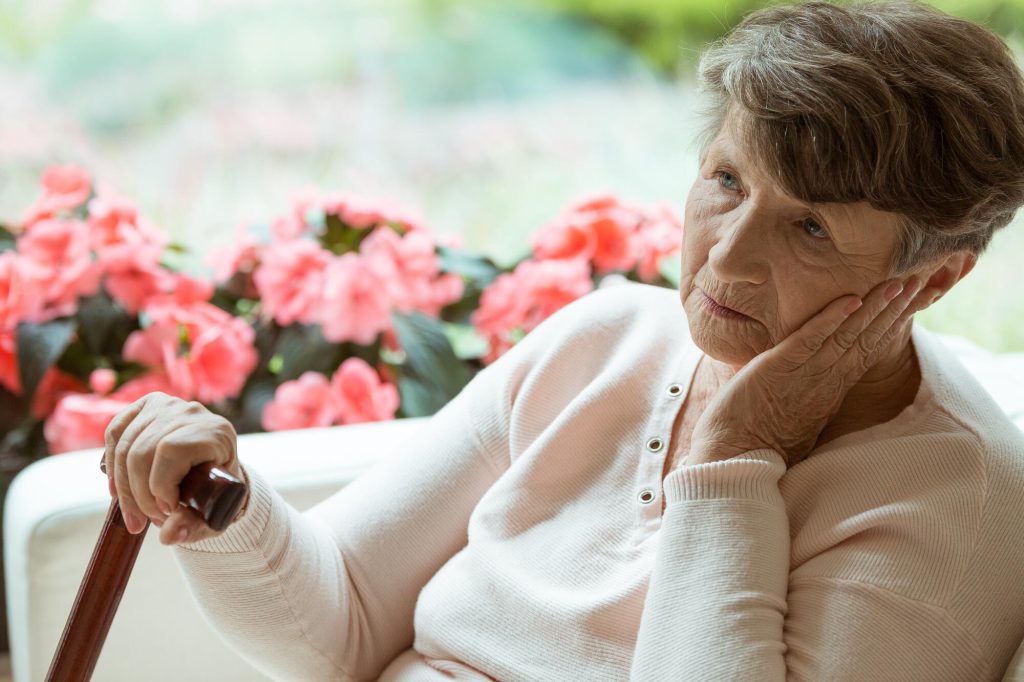Have you ever wondered how mental health affects older adults?
As more people get older, it’s very important to understand the mental struggles they face. Many seniors deal with issues like sadness, worry, or memory problems, but these often go unnoticed and untreated.
The shame or fear around mental health can make things worse, causing seniors to suffer quietly. Learning about these challenges and taking action can help seniors feel better, stay healthier, and age with dignity. Keep reading!
The Hidden Struggles of Aging
Many older adults face mental health challenges that affect their daily lives. Feeling lonely, losing loved ones, having long-term illnesses, or moving to assisted living can cause sadness and worry.
Approximately 14% of adults aged 60 and over live with a mental disorder, but these signs are often missed. Families may focus on physical health and not notice emotional or mental struggles. Paying attention to both body and mind is key to helping seniors live better lives.
Understanding the Stigma
Many older people feel worried or ashamed about their mental health, so they may not ask for help. Long ago, people did not talk about mental health, which can make seniors feel embarrassed.
This can make them hide their feelings or skip getting help. Talking openly about mental health and teaching families and communities can reduce shame.
Seniors should feel safe to share their worries. Learning about this shame is the first step to helping older adults get the support they need.
Strategies to Promote Mental Wellness
To promote mental wellness for seniors, it achieved this by using simple and supportive ways at home and in the community. Activities like group classes or social clubs can help seniors feel less lonely.
Counseling or therapy made for older adults can also help. Simple habits like puzzles, crafts, exercise, and mindfulness can improve their minds and mood. Creating safe and friendly spaces that support seniors’ mental health can make growing older happier and healthier.
Recognizing Warning Signs
Watching for signs of mental health problems in older people helps them get help faster. Signs can be feeling sad, losing interest in friends or activities, being very tired, or sleeping or eating differently.
Families should talk kindly and openly with seniors so they feel safe to share how they feel. Getting help early can stop problems from getting worse. Paying attention and acting quickly helps seniors stay happy and healthy.
Creating Supportive Environments
Communities can help seniors with their mental health. Easy access to doctors, training for caregivers, and support groups can give seniors more help.
Local groups can hold classes or talks to teach people about mental health. Working together creates safe places where seniors feel important and cared for. A friendly community helps seniors ask for help and join activities, which makes their minds and lives healthier.
Supporting Older Adults
By looking for warning signs, stopping shame, and making safe places, we can help seniors feel respected and independent. Everyone can help by learning and joining local groups. This support lets seniors live well, feel important, and enjoy life.
Did you find this article helpful? You can check out our website for more awesome content like this.


